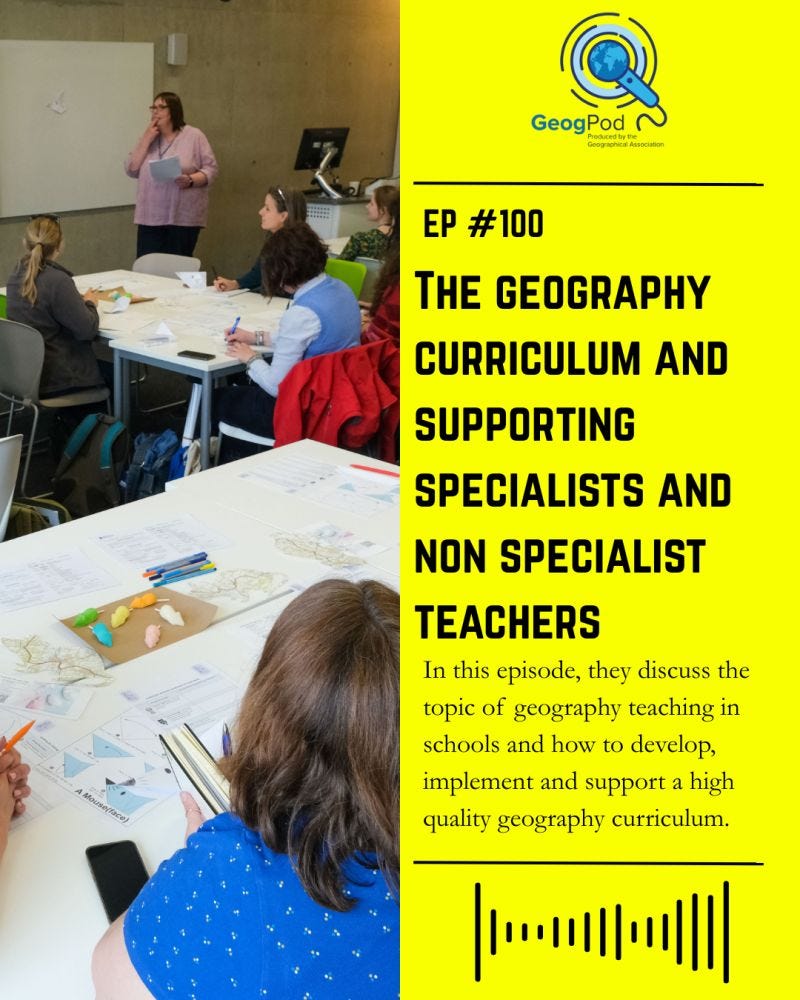 Updated August 2021
Updated August 2021As the First World War came towards an end, the archaeologist Sir William Mitchell Ramsay was the person in the post of GA President.
Again, he was not a geographer at heart, but had travelled widely, and was well known within his sphere of interest. He studied at St. John 's College, Oxford (another Oxford connection being shown).
He was another part of the drive to bring in distinguished outsiders with geographic interests to strengthen the standing of the Association. He didn't have many geographical connections before or after his time as President, unlike some others who were appointed during this period.
His Presidential Address began with this paragraph
"The study and the proper teaching of Geography should combine two characteristics. True Geography is a science of the most practical character, with firm hold on the facts of the world around us, yet at the same time the study should be ideal in the highest degree and inspired by a strong emotional quality. These characteristics may seem inconsistent with one another, yet in Geography they are not merely consistent, they are necessary each for the other.
Geography cannot be practical unless it is ideal and emotional, and it is ideal because it is practical."
Later on in the address is this quote:
Towards the end of his tenure, in November 1918, the First World War came to an end.
His academic career included time at Lincoln College, University of Oxford, and he had a long and varied career which also included the University of Aberdeen. He published many journal articles.
He was one of the original members of the British Academy, was awarded the Gold Medal of Pope Leo XIII in 1893 and the Victoria Medal of the Royal Geographical Society in 1906.
His death was announced in 1939 in 'Geography'

References
Wikipedia page: https://en.wikipedia.org/wiki/William_Mitchell_Ramsay
Image: Public domain
I have edited this page to add reference to the Geographical Association, as I will do with each Past President who has a Wikipedia page.
RAMSAY, W. M. “PRESIDENTIAL ADDRESS TO THE GEOGRAPHICAL ASSOCIATION.” The Geographical Teacher, vol. 9, no. 4, 1918, pp. 175–181. JSTOR, JSTOR, www.jstor.org/stable/40554566.
Gifford Lectures: https://www.giffordlectures.org/lecturers/william-mitchell-ramsay
https://biblicalstudies.org.uk/pdf/ramsay/ramsay_gasque.pdf (PDF download)
Again, he was not a geographer at heart, but had travelled widely, and was well known within his sphere of interest. He studied at St. John 's College, Oxford (another Oxford connection being shown).
He was another part of the drive to bring in distinguished outsiders with geographic interests to strengthen the standing of the Association. He didn't have many geographical connections before or after his time as President, unlike some others who were appointed during this period.
Ramsay was an archaeologist by trade, and a New Testament Scholar. He travelled widely in the area known then as Asia Minor (and referred to these travels extensively in his Presidential Address). He wrote a large number of books on the theme of Biblical studies as well. His address touched on his travels and biblical scholarship.


His Presidential Address began with this paragraph
"The study and the proper teaching of Geography should combine two characteristics. True Geography is a science of the most practical character, with firm hold on the facts of the world around us, yet at the same time the study should be ideal in the highest degree and inspired by a strong emotional quality. These characteristics may seem inconsistent with one another, yet in Geography they are not merely consistent, they are necessary each for the other.
Geography cannot be practical unless it is ideal and emotional, and it is ideal because it is practical."
Later on in the address is this quote:
"...the true geographer is the lover of the earth. He should feel to the earth something of that exquisite and strong feeling which the son begins to feel towards his mother as he grows up and passes out of the age of careless, unintelligent, even though strong, emotion towards her, into the stage of intelligent and sympathetic comprehension of all that he has owed her from the beginning of his life to the present moment. The emotion is even stronger than before, but it is now guided by knowledge."
Towards the end of his tenure, in November 1918, the First World War came to an end.
His academic career included time at Lincoln College, University of Oxford, and he had a long and varied career which also included the University of Aberdeen. He published many journal articles.
He was one of the original members of the British Academy, was awarded the Gold Medal of Pope Leo XIII in 1893 and the Victoria Medal of the Royal Geographical Society in 1906.
His death was announced in 1939 in 'Geography'

References
Wikipedia page: https://en.wikipedia.org/wiki/William_Mitchell_Ramsay
Image: Public domain
I have edited this page to add reference to the Geographical Association, as I will do with each Past President who has a Wikipedia page.
RAMSAY, W. M. “PRESIDENTIAL ADDRESS TO THE GEOGRAPHICAL ASSOCIATION.” The Geographical Teacher, vol. 9, no. 4, 1918, pp. 175–181. JSTOR, JSTOR, www.jstor.org/stable/40554566.
Gifford Lectures: https://www.giffordlectures.org/lecturers/william-mitchell-ramsay
https://biblicalstudies.org.uk/pdf/ramsay/ramsay_gasque.pdf (PDF download)
If anyone knows of other geographical connections, let me know in the comments - this is quite a brief entry at the moment, as with some early Presidents who were not geographers.
Updated August 2021
And, @trowelblazers Agnes Ramsay also wrote a novel in the 1890s based on her own experience travelling & excavating with her husband William Mitchell Ramsay in Turkey - I've just got a copy of this novel, I'm glad to say - it's called "The Romance of Elizavet"
— Dr Amara Thornton (@amalexathorn) January 29, 2021

No comments:
Post a Comment
Thanks for commenting on the blog, particularly if you are letting me know more about a particular Past President. I'll be in touch shortly as I will shortly be notified of your comment by e-mail.